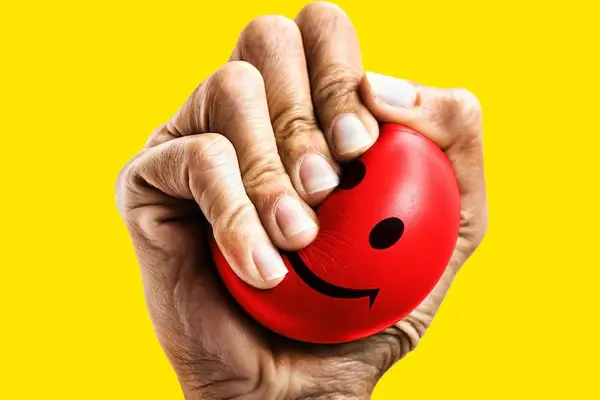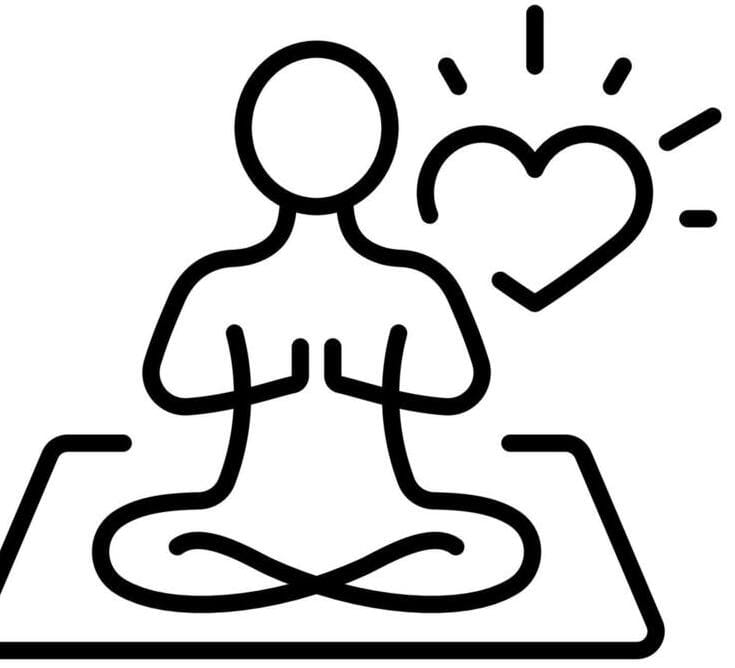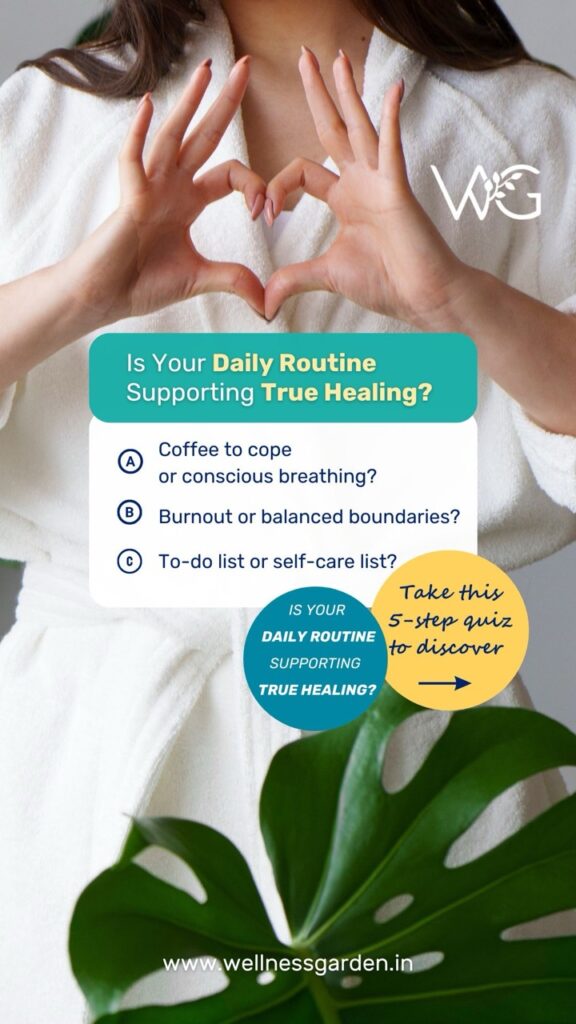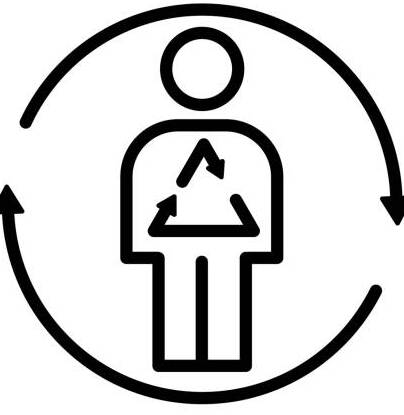What’s Your Stress Type? Discover Your Unique Stress Style & Find Balance
- Daily Health
- 5 Mins
- September 7, 2024
- Daniel Amen, MD
- Anxiety, Depression, Every Day Health
Take this quick quiz to learn how you respond to stress and explore natural ways to manage it.
Stress can manifest in many ways, especially for women juggling work, family, and personal life. Discovering your stress type is the first step toward effectively managing it. Take this 3-minute quiz to uncover your unique stress type and explore natural treatments at Wellness Garden.
Introduction
Stress affects everyone, but it can manifest in different ways depending on the individual. Women, in particular, often face a unique set of stressors, from balancing work and family responsibilities to managing health and financial concerns. These pressures can trigger a range of signs, such as fatigue, irritability, sleep disturbances, and mood swings, which are all indicators of how stress is affecting your body and mind. Studies show that women tend to experience higher stress levels than men due to their multiple roles and responsibilities.
Understanding how you react to stress can help you manage it more effectively. Ready to discover your stress type? Take the quiz to find out!
Quiz: What’s Your Stress Type?
- What’s your biggest stress trigger?
-
A) Work deadlines
-
B) Relationship or family tension
-
C) Financial challenges
-
D) Health concerns
-
How often do you feel stressed?
-
A) Only during big events or deadlines
-
B) A few times a month, but I manage it
-
C) Frequently, and it feels overwhelming
-
D) Almost every day
-
What’s your initial reaction to stress?
-
A) I jump into action and tackle it head-on
-
B) I feel emotionally overwhelmed
-
C) I distract myself with something else
-
D) I take a step back to assess the situation
-
When stressed, how does it impact your sleep?
-
A) I toss and turn all night
-
B) frequently anxious thoughts
-
C) I sleep too much
-
D) Feels restless
-
What do you feel physically during stressful times?
-
A) Muscle tension, headaches, or back pain
-
B) Tightness in my chest or racing heartbeat
-
C) Overeating or skipping meals
-
D) A sense of mental fog or fatigue
-
How do you cope with stressful situations?
-
A) I work out or stay active
-
B) I talk to someone for emotional support
-
C) I distract myself with TV, books, or social media
-
D) I meditate or practice deep breathing
-
What’s your go-to self-care routine after a tough day?
-
A) Hitting the gym or going for a run
-
B) A long chat with a friend or partner
-
C) Binge-watching a favorite show
-
D) Meditating, journaling, or a quiet walk
-
When stress builds up, how do you feel emotionally?
-
A) Irritable or impatient
-
B) Easily tearful or overwhelmed
-
C) Numb or detached
-
D) Anxious
-
How does stress impact your decision-making?
-
A) I rush to make decisions quickly
-
B) I doubt myself and overthink every option
-
C) I avoid making decisions altogether
-
D) I take extra time to think everything through carefully
-
How does your body react to stress over time?
-
A) I get frequent headaches, body aches, or muscle stiffness
-
B) My stomach feels upset or I get heartburn
-
C) I start eating more or snacking mindlessly
-
D) I feel fatigued, even after a full night’s rest
-
How does stress affect your focus or concentration?
-
A) I power through and stay focused on the task at hand
-
B) I get distracted easily by my emotions or stressors
-
C) I procrastinate or avoid tasks entirely
-
D) My mind feels foggy, and it’s hard to focus on anything
-
How does stress show up in your relationships?
-
A) I get irritable with loved ones
-
B) I pull away emotionally
-
C) I rely for distraction
-
D) I need quiet time to recover
-
When stress is too much, how do you handle long-term impacts?
-
A) Workouts or physical activity
-
B) Time with friends and family
-
C) I zone out with TV, food, or hobbies
-
D) Try mindfulness or wellness retreats
Your Results
Mostly A’s: Physical Stress Type
Stress shows up in your body through muscle tension, headaches, and fatigue. Wellness Garden’s acupuncture, therapeutic massage, and yoga classes can help relieve the physical tension you feel. Staying active is essential for you, so movement-based therapies will help you regain balance.
Mostly B’s: Emotional Stress Type
For you, stress often impacts your emotions, causing anxiety, mood swings, or irritability. Naturopathy, meditation, and emotional wellness programs at Wellness Garden can help you work through emotional stress. You thrive with support from others, so group therapy or community-based programs may also be helpful.
Mostly C’s: Behavioral Stress Type
You tend to distract yourself from stress with food, entertainment, or avoiding responsibilities. While this helps in the short term, you need deeper stress relief. Mindfulness practices, meditation retreats, and nutrition counseling. It can help you build healthier habits and manage stress more effectively.
Mostly D’s: Mindful Stress Type
You need peace and quiet to manage stress, often feeling mentally foggy or disconnected when overwhelmed. IV therapy, meditation, and quiet relaxation therapies at our centers which are perfect for regaining clarity and calm.
Ways to Cope With Stress
Managing stress is crucial for both physical and mental health. Regular exercise, mindfulness, and adequate sleep are key. Strong relationships and a balanced diet also help maintain resilience.
The quiz is adapted from Dr. Daniel Amen’s work on stress types: Amen Clinics, BrainMD. At Wellness Garden, we offer personalized therapies such as Mudras, Massage Therapy, Craniosacral Therapy, Reflexology, Cognitive Behavioral Therapy (CBT), Nutritional Counseling to support your stress management journey. These holistic treatments are designed to help you feel more balanced and centered.
As Benjamin Franklin said, “An ounce of prevention is worth a pound of cure.” Start small today for a healthier, more relaxed tomorrow!
End Note
Understanding your stress type is crucial for finding the right tools to manage it. Whether you’re dealing with physical tension, emotional overwhelm, or feeling mentally drained, Wellness Garden offers holistic therapies designed specifically for your needs. From acupuncture to meditation and naturopathy, we help women like you achieve balance and lead a more stress-free life.
- Table of Contents
- • Introduction
- • Results
- • What we offer?
Recent Posts
Join Our Newsletter
End note from WG Team
Dr. Geetha Kamath
Physician
Disclaimer: This information is provided for educational purposes and should not be construed as medical advice. Please consult with healthcare practitioners before undertaking any changes in wellness routines or adding new therapies.
Latest Blogs
Check out some of your blogs related to your interest.
- July 5, 2025
- NIH
- 2 Mins

- July 4, 2025
- 3 Mins

- June 22, 2025
- Harvard Health
- 2 Mins

- June 15, 2025
- WHO
- 3 Mins







